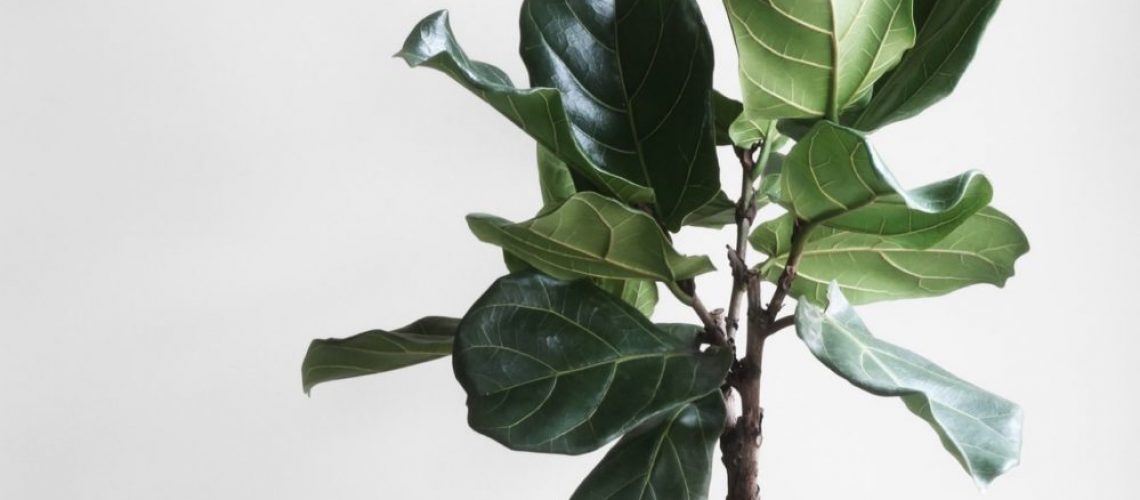An herb is any component of a plant that may be utilized for flavoring or medicinal purposes. Herbs for relaxation and herbs for pain relief or water retention have the added benefit of not having the adverse effects of pharmaceutical treatments. Herbs and acupuncture may help you achieve your ideal state of pain relief and relaxation, and mental clarity.
Most herbs grow just as well in pots as in the ground, which is a huge benefit. Perennial healing plants are those that come back year after year. There are hardy plants that may be harvested throughout the year. Many may even be dried or stored for year-round usage in the kitchen.
Chamomile
The annual German chamomile grows to two feet in height, but the Roman chamomile is a low-growing perennial. Chamomile prefers well-drained soil and grows best in full sun to partial shade. It is possible to employ both kinds simultaneously, and they may be interchangeable. The flowers should be harvested and dried as soon as they open. To prepare a tea to help you sleep or digest, chop the dried flowers and add roughly one spoonful per cup of boiling water. Steep for five minutes. Alternatively, make a teabag out of the chopped flowers by placing them in a tiny muslin bag with a drawstring. After it’s cooled, you may use it to relieve red and swollen eyes!
Mint
Rosemary
Rosemary is native to the Mediterranean region. Thus it loves a sunny location with rocky or sandy soil. In warmer areas, it’s drought-resistant and long-lived. Put it in a pot and bring it indoors for the winter if you live in a cold region.
It’s excellent for hair and the scalp and head related things such as memory and cognition. It can be taken as a tea or as a wash on hair. It can also help de-grease hair. Rinse hair with 1 teaspoon dried rosemary or a handful of fresh rosemary in hot water for 10 minutes, then add 1 tablespoon lemon juice. This is fantastic for greasy hair, so try it. Pour through newly shampooed hair, strain, and cool infusion. It’s also excellent and healing for the body in general so make sure you add it to your diet. Make focaccia, sauces, and roasted foods more flavorful by sprinkling it on top.
Lavender
Choosing a lavender variety that can flourish in your area is important. Gather the leaves and flowers as soon as the flower spikes begin to bloom, slice them up and place a couple under your pillow to help you sleep better and alleviate your stress levels. It’s also excellent in baked products like scones! It’s a wonderful addition to tea too and you can also make lavender oil by adding coconut oil or olive oil and letting it sit in the sun a few weeks. Don’t forget to leave some lavender for the bees though!
Lemon Balm
Lemon balm thrives in full light and well-drained soil, making it a simple plant to cultivate. Keep it in a container, so it doesn’t take over the garden.
How to use lemon balm? Place five or six fresh leaves in one cup of boiling water for a minute or two. Sweeten and strain after five minutes of steeping. To soothe an upset stomach, drink a number of times throughout the day.

